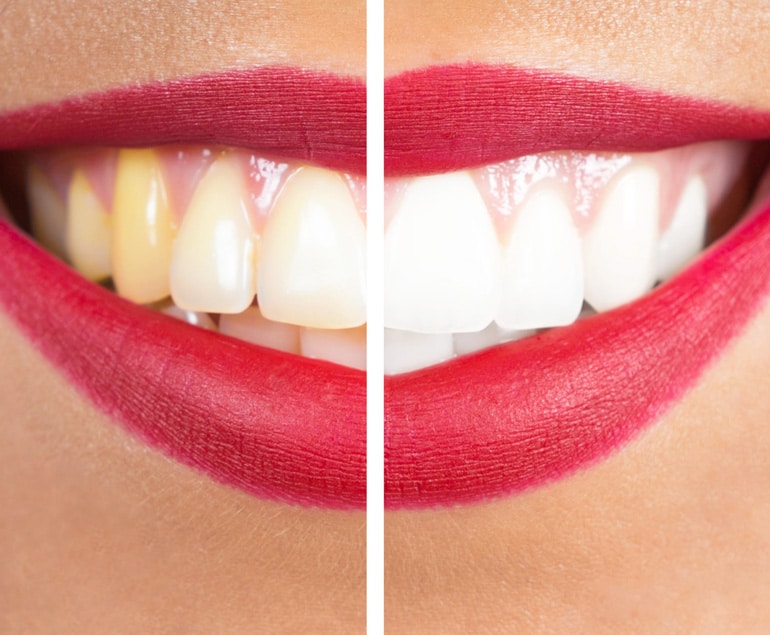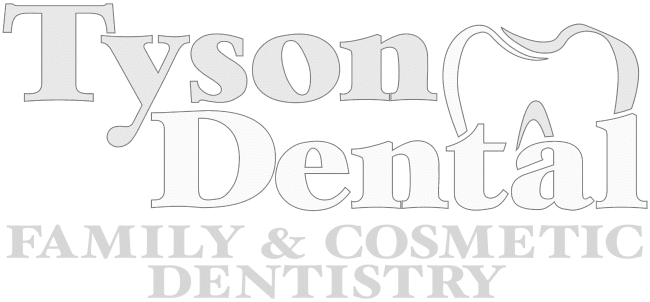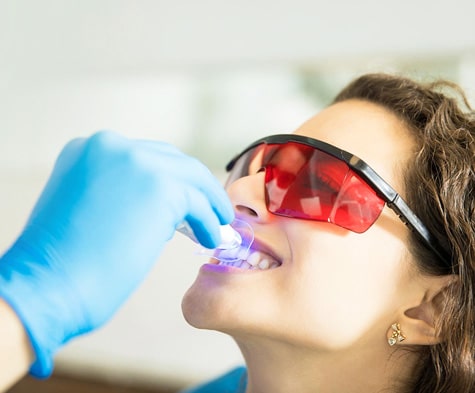(256) 258-9333

Teeth whitening is a common cosmetic dental procedure among people who wish to improve their smile. Tyson Dental provides custom made take-home whitening trays, so that your shining bright smile never fades away. Your teeth can become stained for a number of reasons, but the most common reason is from consuming highly pigmented beverages like coffee, tea, and red wine. Smoking and poor oral hygiene can also contribute to stains. To help remove stains for cosmetic and oral health reasons, Dr. Tyson recommends teeth whitening procedures. Teeth whitening procedures can remove years of stains in a single session and lighten your smile by about 5-10 shades.
Did You Know?
Your teeth’s enamel is porous and will become more transparent as you age. Its transparency allows the yellow color of your dentin layer to become more visible. This is why your teeth appear to get yellower as you get older.
Frequently Asked Questions
Ideal candidates for teeth whitening procedures are those who have moderately to severely stained teeth. Teeth whitening procedures are also available to those with mild stains who simply wish to improve the appearance of their smile. However, individuals with receding gums, cavities, worn enamel, or gum disease may require treatment for these preexisting conditions prior to having their teeth whitened. To find out if you are an ideal candidate for teeth whitening, schedule a consultationwith Dr. Tyson of Tyson Dental today!


